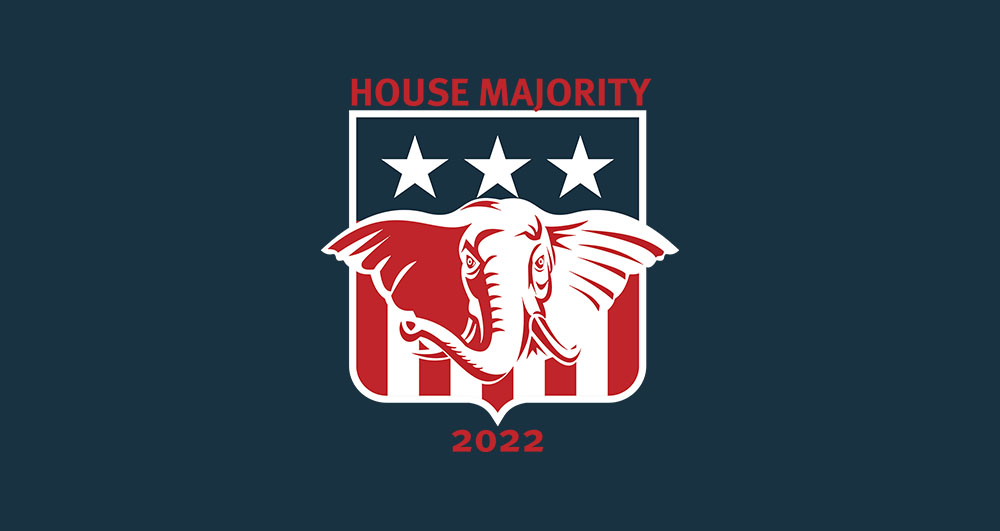TALLAHASSEE – The more than 20-year push by Florida Republicans to steer taxpayer money toward private schools took a giant leap forward on Wednesday with the House approving an overhaul of state voucher programs, making eligible families earning almost $100,000 annually.
The legislation (CS/HB 7045) by Rep. Randy Fine, R-Palm Bay, was approved 79-36, in a mostly party-line vote.
Vouchers often a campaign issue: Florida Democrats target school board races
“I hate the term public schools,” Fine said, insisting that what is in place today was not envisioned by founder Thomas Jefferson.
“Public education was not supposed to be about the vehicle in which he chose to get educated. It was supposed to be about the education of the public … he expected that education would be led by parents,” Fine said.
The Florida Senate has been working on its own version (SB 48) of legislation that consolidates the state’s five voucher programs into two, including one that combines payments for children with special needs into the Gardiner-McKay Scholarship.
But the Senate now is expected to take up the House version of the voucher expansion.
House Democrats on Wednesday echoed their long opposition to voucher programs – an argument that goes back to former Gov. Jeb Bush’s creation of the nation’s first statewide voucher program in 1999, Opportunity Scholarships, which were later ruled unconstitutional by the state Supreme Court.
Private voucher schools largely are exempt from state testing, teacher certification and other accountability measures applied to public schools.
“A double standard exists with guidelines as it relates to public versus private schools,” said Rep. Robin Bartleman, D-Weston.
“I’m just asking for some level of accountability: Make sure children are getting the education they are entitled to deserve,” she added.
Florida Republicans have a 20-year history of steering taxpayer dollars to private schools. The latest package advanced Wednesday in the House.
Rep. Geraldine Thompson, D-Orlando, said many private schools tout their lack of testing requirements as a lure to parents, especially when it comes to the Florida Comprehensive Assessment Test, launched in 1998 and now the Florida Standards Assessment.
“Many of these (private) schools bill themselves as FCAT-free zones,” Thompson said.
Fine’s legislation would combine the state’s Gardiner and McKay scholarship programs serving 50,000 students with special needs with the state’s Family Empowerment Scholarship program, now available to 37,000 low- to middle-income families.
The legislation also removes requirements that students receiving vouchers be formerly enrolled in public schools, opening eligibility to home-schooled students to directly receive private-school vouchers. Siblings of students now receiving vouchers and children of military personnel also would be eligible for taxpayer-financed private school vouchers.

